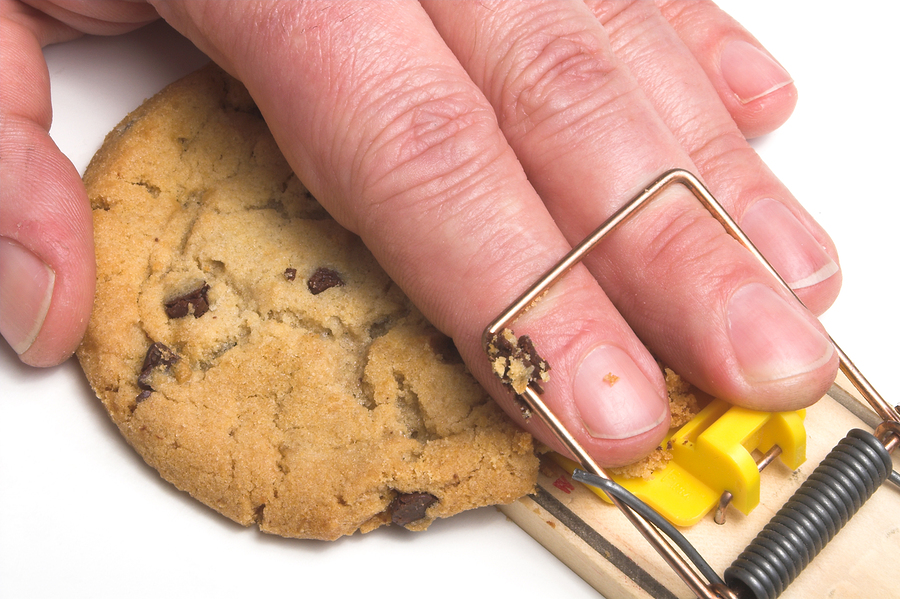Do you know someone who still refuses to exercise and consume a healthy diet? If so, a recent Yale School of Medicine study looking at the anti-inflammatory mechanisms of dieting and fasting might force some of these holdouts to make the change. The new study was published in this month’s online issue of Natural Medicine. It was in this study that researchers discovered a compound that is produced by the body during dieting or fasting. The compound, β-hydroxybutyrate (BHB), directly inhibits a part of a complex set of proteins in the immune system, NLRP3. The set of proteins is called the inflammasone, which initiates the inflammatory response in many disorders such as autoimmune diseases like type 2 diabetes, Alzheimer’s, atherosclerosis, and autoinflammatory disorders.
Your Diet And Inflammation
The metabolite BHB is produced in the body as a response to several conditions such as fasting, caloric restriction, high-intensity exercise, or consumption of a ketogenic, low-carbohydrate diet. For background information, a ketogenic diet is a diet high in fat, adequate in protein, and low in carbohydrates. This type of diet forces your body to burn fat in the absence of carbohydrates in order to produce ketone bodies from fatty acids as an alternative source of fuel for the brain. It is widely known that calorie restriction and fasting lowers the body’s level of inflammation. However, it is not well understood just how immune cells adapt to the lessened availability of glucose. It is also unclear whether or not immune cells can respond to fat oxidation produced metabolites. In the study, the team worked with both mice and human immune cells. Their focus was on macrophages and how they respond to ketone body exposure and whether or not that impacts the inflammasone complex. Macrophages are immune cells that are specialized to produce inflammation.
Research Reveals
The authors of the study introduced mouse models of inflammatory diseases caused by NLRP3 to BHB. It was found that this caused inflammation to decrease. Inflammation also decreased when the mice were fed a ketogenic diet, which raised the amount of blood BHB. The researchers state that their results suggest that the endogenous metabolite BHB can lower the NLRP3 inflammasone. Keep in mind that what causes these metabolites like BHB to be produced are states of fasting, low-carb dieting, and high-intensity exercise. Vishwa Deep Dixit, professor of Yale School of Medicine’s Section of Comparative Medicine, explained the importance of the findings in this study indicating that BHB and other endogenous metabolites blocking the NLRP3 inflammasone may be relevant against many inflammatory diseases. These diseases include those that had mutations in the NLRP3 genes. In other words, if you needed any further reason to restrict caloric intake and regularly perform high-intensity exercises you’ve just received it: It appears to block an inflammasone which instigates the inflammatory response in many disorders including type-2 diabetes, Alzheimer’s and atherosclerosis.
